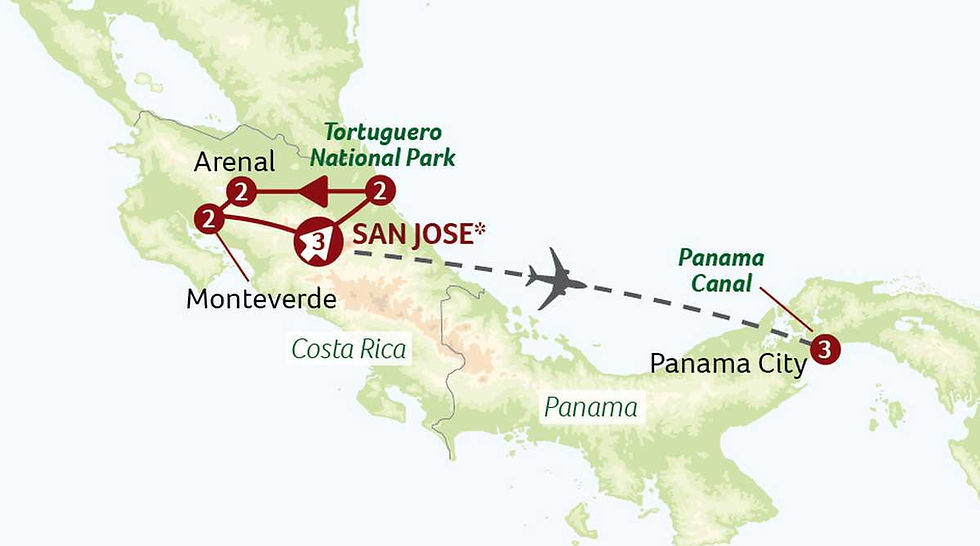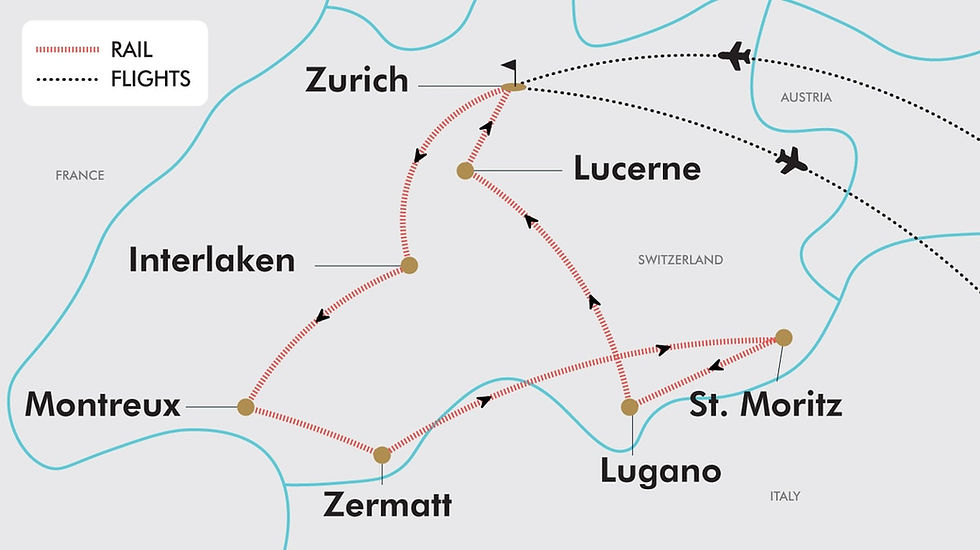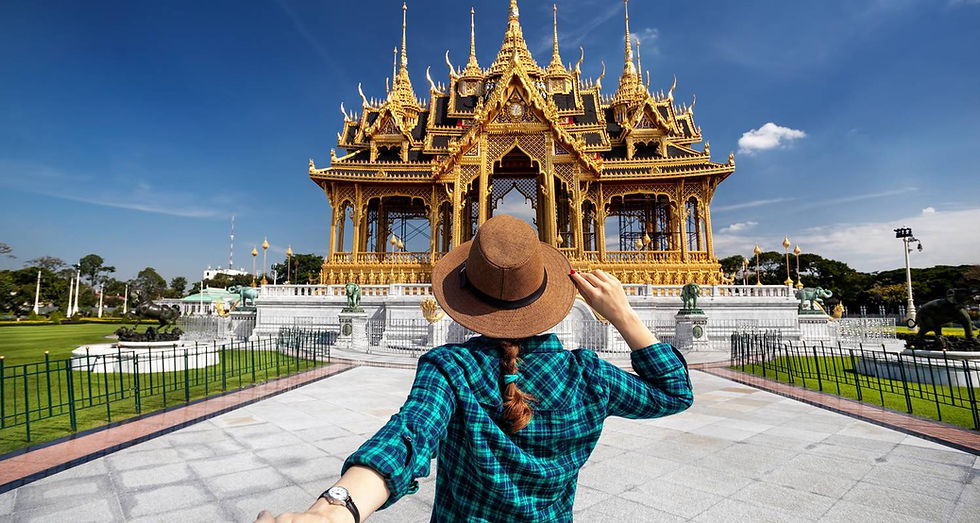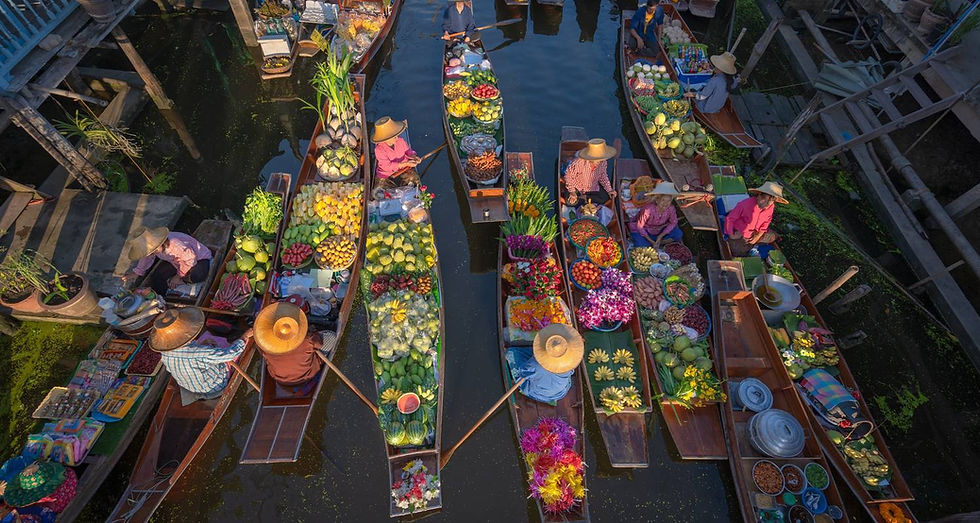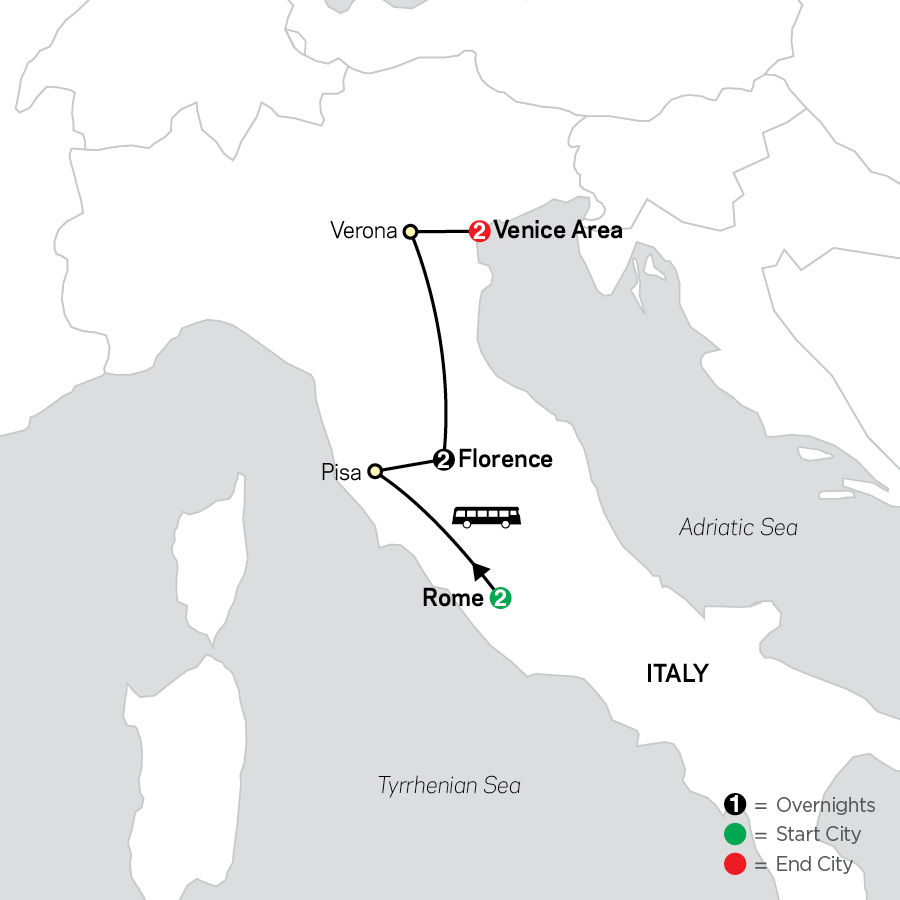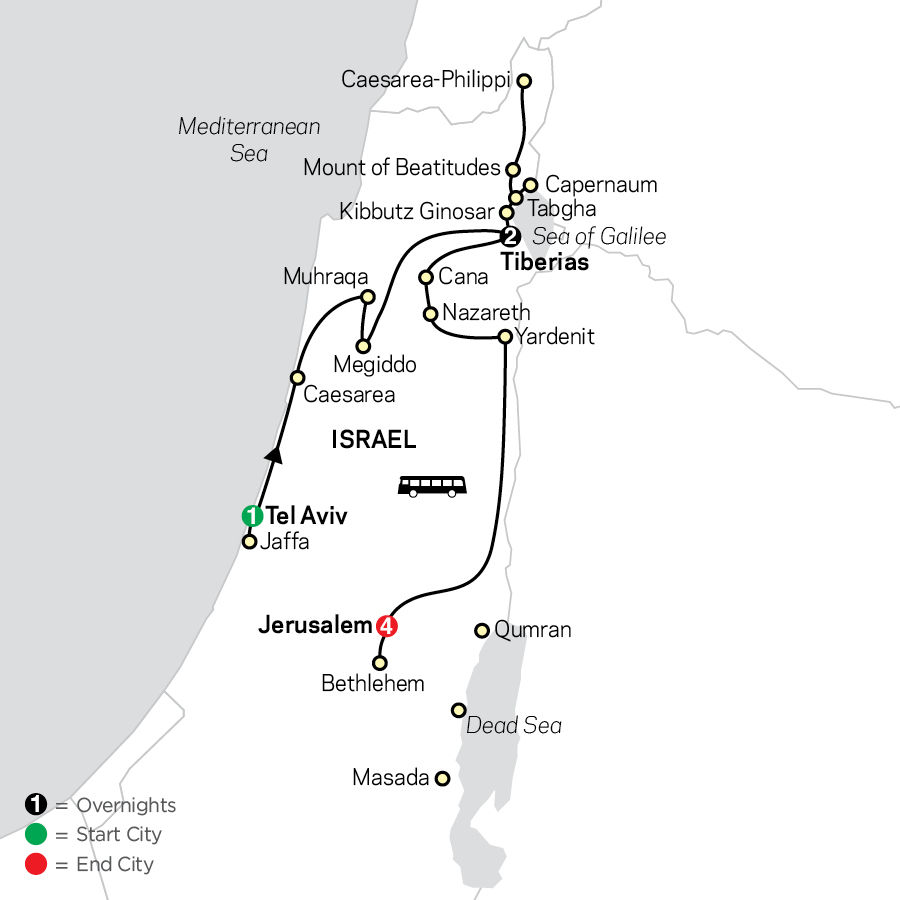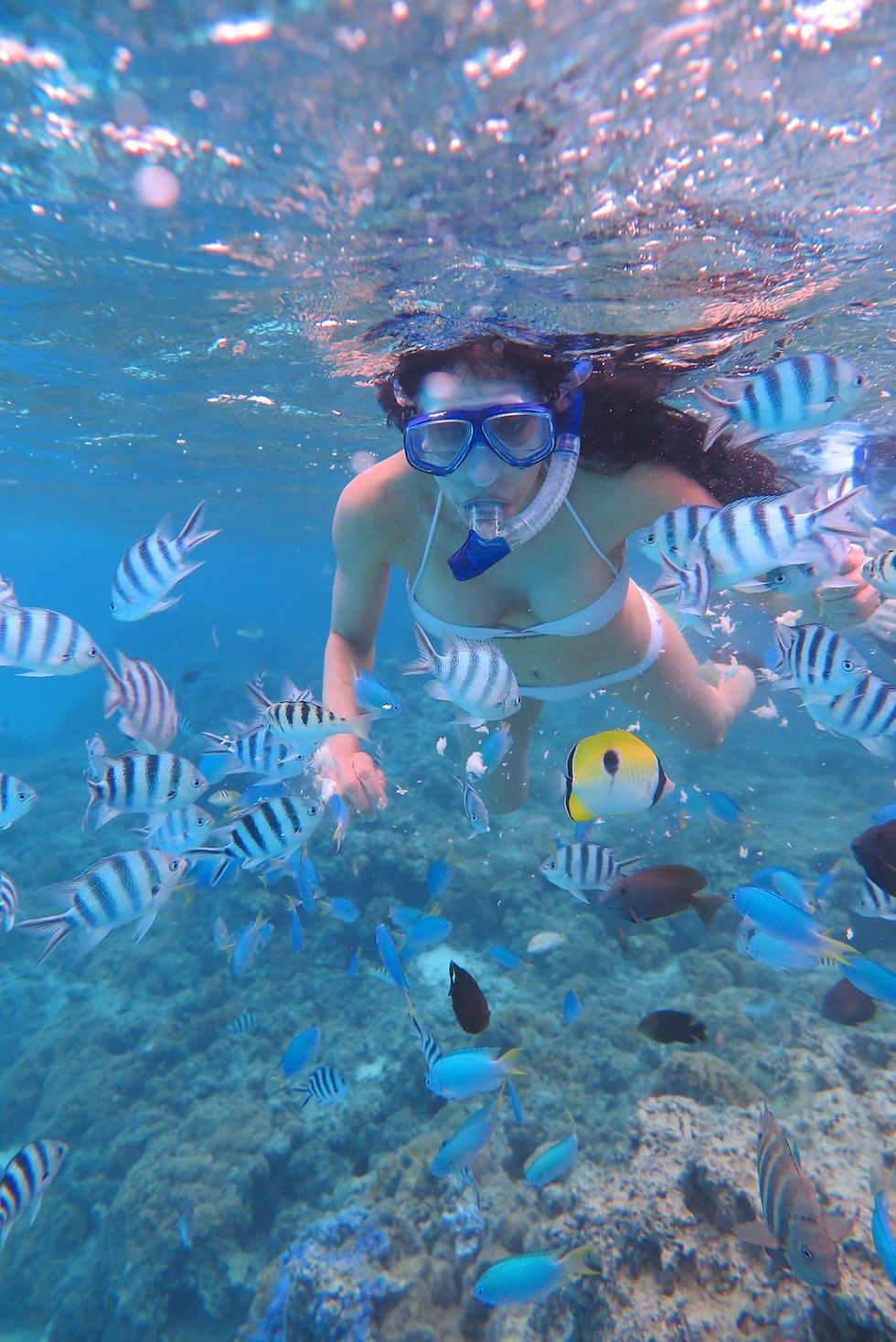
Volunteer with Elephants in Thailand - 1 Week
Chiang Mai, Mueang Chiang Mai District, Chiang Mai, Thailand
Duration: 7 days
Group size: 1 - 10
A$3,645 Deposit: A$911
About the Trip
Travel to Thailand’s Chiang Mai Province and volunteer with elephants relieved from working in the tourism industry. Assist with monitoring the elephants’ behaviour as they are reintegrated into the forests and work alongside mahouts (traditional elephant keepers) and other locals to establish alternative livelihoods. Discover the unique culture of the Karen community, and the lush mountain forests of Northern Thailand in your free time.
Volunteer in the mountain forests of Northern Thailand and spend time in the fields with elephants relieved from working in the tourism industry. Leaving behind their lives in the tourism industry, these gentle giants now live more natural lives as a semi-wild herd in the Chiang Mai Province – an area famous for its traditional elephant keeping communities.
Volunteers can learn about elephant behaviour and contribute directly to the elephants’ wellbeing by providing working alternatives for their owners, mahouts and locals, allowing the elephants to live in the forest. You will observe elephants alongside mahouts who draw on generFree time & cultural immersion
ations of knowledge about elephants.
Skills
Data collection
Data entry
Population ecology
Species identification
Survey research
Wildlife conservation
Volunteering
Cultural awareness
Interpersonal skills
Communication
Teamwork
Easily adaptable
Volunteer with Elephants in Thailand - 1 Week
- Learn about Asian elephants: Gain an understanding of elephant biology and behaviour, and experience the bond they share with their mahouts and the role they play in Thai culture.
- Explore Huay Pakoot: Experience the unique Karen culture and lush mountains of this beautiful region of Thailand while observing elephants in their natural habitat.
- Be part of the real deal: Contribute to ongoing environmental projects that address critical challenges aligned to the global UN SDGs.
- Join ethical initiatives: Join local conservation partners and qualified professionals to ensure your efforts are highly ethical, meaningful and sustainable.
- Experience unreal adventures: Venture outside typical travel itineraries to get exclusive access to extraordinary remote habitats, rare species and unique ecosystems.
- Make friends for life: Share epic experiences with like-minded, passionate changemakers from all over the globe.
- Enjoy a hassle-free, safe trip: With expert local staff and 24/7 support at every step – you can relax and enjoy the experience stress-free.
- Take a break: Disconnect from the digital world and reconnect with nature, yourself and your purpose.
Some of the example typical activities you could participate in on this program.
- Fieldwork training: Learn how to identify species, conduct surveys and population assessments, and assess threats to terrestrial ecosystems and ecosystem-level processes.
- Elephant surveys: Hike through the nearby forest and hills to collect data on elephants and elephant behaviour.
- Elephant health checks: While our ethical guidelines discourage direct animal handling, on this program weekly health checks are required for elephant well-being.
- Biodiversity surveys: Learn how to identify species, conduct surveys and population assessments, and assess threats to terrestrial ecosystems and ecosystem-level processes.
- Citizen science data: Input data collected from conservation surveys into local and global citizen science databases such as eBird and iNaturalist.
- Adult English classes: Teach English classes to the wider community to boost skills and improve ecotourism opportunities.
- School classes: Deliver workshops to schools on English language skills, environmental and conservation issues, and sport and wellness activities.
By joining a GVI program, you not only contribute to preserving unique ecosystems but also get the chance to explore the surrounding area or venture further to see what else the region has to offer on weekends.
Our field staff are a great source of advice on local travel options. Many participants choose to travel before or after their experience, solidifying friendships made on the program.
Engaging with a new context teaches global awareness, adaptability and critical thinking – skills highly valued in today’s world. Cultural immersion is encouraged, and there are many activities to enjoy during your free time or before and after your program. Please note, these suggestions aren’t included in the program fee and are at your own expense.
Most people in the village are animists, who believe that all objects, including animals, have a spiritual essence or soul. There are a lot of Christians living here too. You can go to church at the top of the village near Christmastime and every Sunday. Some men become monks in Huay Pakoot. As part of this journey, they leave the village and live in nearby caves for three weeks.
Cooking
Many visitors to Thailand choose the destination because of its amazing food culture. From street food to culinary delights in the finest Thai restaurants, you will never be short of local dishes to try when exploring Thailand. The national dish of Thailand is Pad Thai – a popular rice noodle dish combining the flavours of sweet, sour, salty and spicy. Made with stir-fried egg, tofu, sprouts and other vegetables, the dish is served with lime and crushed peanuts. During your stay in the Huay Pakoot village, you will have the unique opportunity to sample traditional Karen food, which is very different to Thai food.
Festivals
There are festivals throughout the year, the most notable being Songkran – the Thai new year and water festival – held in mid-April, and the lantern festival in November. National Elephant Day is the month before Songkran. This is a huge celebration of all the elephants in the forest – showing how significant they are to Thailand. The villagers prepare a huge fruit banquet in the forest for the elephants.
Languages
Thai is the official language of Thailand and is spoken by roughly 36 million people across the world. In the village where we are based, the local language is Pakinyaw, which you’ll have the opportunity to learn during your time here. The Karen people initially migrated from Burma and arrived in Chiang Mai. However, due to certain restrictions, they were unable to settle in the city and were instead offered living space in the hills. They have their own language, Pakinyaw, which has a number of different dialects. The language is no longer written, only spoken.
Pai
Pai is an amazingly small backpacker town with a huge street-food market. Tours to the canyon, caves and waterfalls are available. Check out Pai Canyon – a serene, scenic canyon with narrow-ledged hiking trails that offer sweeping valley views, making it a great sunset spot. This is your chance to explore one of Thailand’s best retreats and meet other travellers.
Local adventures
Karen culture
The Karen people are friendly, minimalistic, generous to outsiders, and caring towards nature and wildlife. There are a number of community elders who are very conversational and have amazing stories to tell about the history of the village. Activities you could enjoy in your free time include:
-
Attending local festivals, such as the Mae Chaem fair.
-
Hiking to another Karen village.
-
Attending a Karen wedding. We are always invited to Karen weddings, which gives everyone the chance to try local dishes and also get to know other members of the community.
-
Geju ceremonies.
-
Karen jewellery making and bamboo cup making.
-
Bamboo rafting.
Village celebrations
Visit the village’s Buddhist temple which is set alongside a sacred lake. During Thai holidays, you may hear chanting coming from the temple, see parades taking place, or witness a big feast. You’re welcome to spend time here, even during celebrations, but please be sure to be respectful and cover your shoulders as well as your knees according to the dress code.
Night in the forest
Ten minutes away from the village, there’s a campsite in a conservation forest. Upon request, we sometimes take what gear is available on base and sleep out in the forest. We stargaze, spot fireflies and immerse ourselves in nature. Please note that there aren’t any facilities in this camping area.
Football, volleyball and ultimate frisbee
Join other participants for a game of football, volleyball or ultimate frisbee at a field next to the school. Just be sure that it’s not being used by the local students for their schooling. Afterwards, get a refreshing cold drink or ice cream at a nearby shop overlooking the hills. The famous Huay Pakoot football tournament takes place three times.
Hiking trails
Take a hike along the corn fields to watch the sunrise. This trail offers excellent views of the forest. Or take the forest trail – you might even see some gibbons. This is quite a steep and hilly hike of about 4 kilometres (2.5 miles) that ends at a small river with views of nearby rice farms.
Smoothies, noodles and fashion
Visit Boh Luh’s Smoothie Shop, a two-minute walk from base. Boh Luh sells delicious smoothies made from mango, banana, passionfruit, watermelon and other fruit. Make use of the reusable cups available on base for a guilt-free sipping experience. Open from lunchtime until late, this stall also sells nourishing noodle soup, as well as hand-woven bags and skirts.
Movie nights
We have a projector at base as well as a large selection of movies. Sometimes we take a vote on which one to put on after dinner (or when we have a quiet afternoon).
Gym
If you need to get a workout in, you’ll find our gym on the lower floor of our base hut. It includes a gym bench and weights.
Ping pong
On the lower floor of our base hut, you’ll find a ping-pong table. Don’t be surprised if you find yourself engaged in a heated ping-pong tournament against some of the mahouts!
-
We meet you at the airport
When it comes to support, we ensure that each participant is provided with unparalleled, 360 degree support, from your initial contact with the GVI Family, all the way through your program, and even after, as you become part of the GVI Alumni Team.
As part of this promise, we will ensure, whenever possible, that one of our dedicated staff will be available to meet you at the airport. In most locations, we also set up a Whatsapp group to help with managing airport arrivals.
We will arrange with you prior to your departure that, should you arrive in the agreed upon pick up window, a member of our team or representative will be there to welcome you, easily identifiable in a GVI t-shirt or holding a GVI sign and wearing a friendly smile.
This means there will be someone there to greet you as you land, and from there you will be transported to your GVI base to start your adventure and meet the rest of your team.
All of our programs have short-, mid- and long-term objectives that align with the United Nations Sustainable Development Goals (UN SDGs). This enables us to report on our collaborative impact across the world in a streamlined manner, measuring which UN SDGs we are making a substantial contribution to. Furthermore, this will help our local partners and communities measure and visualise their contribution to the UN SDGs.
Prior to your arrival on base, you will be educated about the UN SDGs. Then once you arrive on base, you’ll learn about the specific goals we have in this particular location, our various objectives, and also clarification of how your personal, shorter-term involvement contributes to these.
Our aim is to educate you on local and global issues, so that you continue to be an active global citizen after your program, helping to fulfil our mission of building a global network of people united by their passion to make a difference.
GVI Chiang Mai’s programs work in collaboration with the local Karen hill tribe community and village of Huay Pakoot. To promote sustainable ecotourism, we work with the elephant-keeping community to assist monitor the introduction of elephants into their natural habitat after their previous lives in tourist camps.
Your contribution will assist in keeping these elephants in protected forests, continuing the conservation of these beautiful animals and what remains of their fragmented forest habitats, as well as providing funding to keep the project running. We also offer alternative livelihoods and English lessons to the local community. Upskilling in English helps facilitate a self-sustainable ecotourism industry. The goal of this project is to have semi-wild herds of elephants living, socialising, and foraging in their natural habitat – supervised by their mahouts (elephant keepers) from the local village.
Elephant Surveys
We work with local mahouts to track elephants in the forest – collecting behavioural data through observation, taking note of the following:
-
Two-minute interval activity budget on each elephant.
-
Interaction with other elephants.
-
Vocalisation recordings (written not audio).
-
Monitoring stereotyping behaviour.
Every week we do a health check (eye drainage, tongue check etc.) It’s important to note that we have a hands-off approach.
Gibbon surveys
We gather data from song and visual surveys of white-handed gibbons, assisting scientists in expanding their understanding of gibbon ecology and conservation status in the Chiang Mai region. Typically, you’ll assist in survey planning, GPS tracking, camera trap setup, photography, gibbon sound recording, data sheet entries and database input.
Biodiversity Hikes
We conduct day and night biodiversity hikes, recording any species we see, including birds, gibbons, bats, snakes, reptiles, lizards, amphibians, frogs and toads. We add the images to iNaturalist and eBird.
Quality Education
We work with the local government school – with both teachers and students. Our school-based teaching involves English language, health and wellness workshops, environmental education workshops and sports activities. Our community-based lessons involve adult and child learners in the community. These are often informal evening sessions, based around what the learners want to learn.
The UN Sustainable Development Goals
All of our programs have short-, mid- and long-term objectives that align with the United Nations Sustainable Development Goals (UN SDGs). We want to be able to measure our collaborative impact across the world in a streamlined manner, so all our staff and volunteers know which UN SDGs they’re making a substantial contribution to. This also helps our local partners and communities measure and visualise their contribution to the UN SDGs.
Prior to your arrival on base, you’ll be educated about the history of the UN SDGs. Then, once on base you’ll learn about the specific goals of your location, the long-, mid- and short-term objectives, and also insight into how your personal, shorter-term involvement contributes to these goals on a global level.
Our aim is to educate you on local and global issues, so that you continue to act as active global citizens after your program, helping to fulfil our mission of building a global network of people united by their passion to make a difference.
-
GVI Chiang Mai Long-term Objectives:
1. Increase and promote ethical elephant tourism.
2. Create a viable self sustaining ecotourism program for the village.
3. Improve standards of living and job opportunities for the community in the Huay Pakoot village.
4. Improve sustainable natural resource management in the Huay Pakoot area.
5. Ensure the preservation and study of a thriving population of wild white-handed gibbons in the Huay Pakoot area.
No orphanage programs
We don’t support or allow participants to work in institutional residential care facilities, also known as orphanages. We partner with ReThink Orphanages and Freedom United.
Child and vulnerable adult protection policy
Our Child and Vulnerable Adult Protection Policy requires all our staff and participants to complete a criminal background check and to learn why you shouldn’t reveal a child’s identifying factors in photographs. We support the ChildSafe Movement.
No medical volunteering
We don’t offer any programs where our participants engage in medical treatment. This is because our participants aren’t typically qualified to do this work and would therefore not be able to do this work in their home country. Our participants only assist with public health programs.
No disability support programs
We don’t offer any programs where our participants work directly with people with disabilities. This is because our participants aren’t typically qualified to do this work and would therefore not be able to do this work in their home country.
Aligned to local objectives
Each one of our initiatives is aligned to objectives set by a local organisation or professional. Our staff and participants work to support these local actors in achieving their specific goals.
Local employees remain employed
Our participants don’t replace the staff employed by local organisations. Rather, they support currently employed staff with achieving their objectives. Our goal is always to increase local capacity to address local problems.
Local employees remain focused
Participants require training and support to ensure that they carry out tasks correctly. Our staff provide this training and support so that local staff can focus on what is truly important to their organisation at the time.
No entertainment-based activities
We don’t support the use of wild animals for entertainment purposes. This includes riding animals, having them perform tricks, feeding or bathing them or getting close to them to take photos
No orphaned animal sanctuaries
We don’t encourage, support or allow the rearing of “orphaned” wild baby animals kept at a “sanctuary”. The conservation value of these types of programs is negligent and would only ethically be used in extremely rare cases
Guidelines for touching or movement restriction
When wild animals are restricted for conservation purposes we follow the guidelines of Fair Trade in Tourism South Africa (FTTSA), approved by the Global Sustainable Tourism Council.
Animal welfare guidelines
We ensure that the Five Freedoms of Animal Welfare are followed. These include the freedom to express normal behaviour and freedom from distress, discomfort, hunger, thirst, fear, pain, injury or disease.
Local community empowerment
We ensure that conservation efforts are also always locally led, that community needs are front-and centre of any conservation effort and that our participants, projects and partners work to increase local community engagement in local conservation efforts.
No veterinary programs
We don’t offer any veterinary programs or animal rescue and rehabilitation programs. We don’t allow participants to do any work they would not be able to do in their home country.
A GVI program is an investment in your career. No matter which you choose, you will be working toward improving your employability by mastering new social skills, gaining further technical expertise and earning qualifications in many cases. Most of our staff are, in fact, GVI Alumni, and we have helped many of our Alumni discover, move toward, and earn their own personal dream jobs. Each program includes introductory workshops, ongoing presentations, as well as on-the-ground professional support provided by our very own trained staff members. In addition, our training programs are critical for helping us to ensure the long-term impact of our sustainable development projects around the world.
GVI Online Wildlife Conservation course (optional)
If you have a passion for wildlife conservation then this course will provide you with the foundational skills and understanding needed to achieve your conservation-related goals. You’ll learn about the various methods of wildlife monitoring, as well as exploring the delicate balance involved in terrestrial ecosystem management. After successfully completing the course, which you have the option of doing prior to your in-country program, you’ll receive a certificate from GVI.
This online course, valued at £295, is included in all volunteering programs.
We won’t sugarcoat it — traveling abroad is usually a complex process that carries an element of risk. But this is exactly why we’re passionate about providing extensive support throughout the process as well as the highest safety standards during the in-country phase. We believe that volunteering abroad should not only be impactful, but an enjoyable experience that carries as little risk as possible. This is exactly how we’ve been able to maintain our reputation as the most highly respected volunteering organisations in the sector over the past two decades.
Located in the heart of Northern Thailand, our research station in Chiang Mai is surrounded by breathtaking mountains, fields and forests. With beautiful hills all around, we have a bird’s-eye view over the fields and forests below. In the rainy season, the clouds roll through the base at eye level. Being the middle of the jungle, elephants can be found throughout the surrounding areas.
When you arrive you’ll be welcomed by the villagers with a traditional Geju ceremony, which they perform for all new participants upon their arrival. During the Geju, food is blessed and pieces of string are tied onto others’ wrists to wish them good fortune.
The project work takes place in the Mae Chaem District, a 5-hour journey deep into the mountains, where the famous Karen elephant-keeping community resides. This community shares a unique and sacred relationship with elephants.
From our research station it’s about a 50-minute walk to the river where you can see buffalo walking about. Despite being very afraid of people and quite shy, you might sometimes see them in the village. The open-air base is divided into two buildings. The older building is usually reserved as a study area – or for staff meetings, presentations and lectures. It has a table with chairs, a hammock for reading, and a few small desks. The newer building is where people socialise. The library is in the new building. It’s small and basic, consisting of a few bookshelves.You can catch some amazing sunsets right at the base, and when night comes, kick back and enjoy stargazing around the fire pit we often hang out at in the evenings. During free nights, we like to watch movies on the projector, visit a villager’s home, or take a night stroll. Games (board and card games) are well received and enjoyable to interact with the local community members. There are also a few friendly dogs around the base.
The following itinerary is an example of the activities and project work that participants might get involved in on this program. More specific details of the program are finalised several months before each start date.
-
6:30 - Start the day early with a cup of Roots coffee – locally grown coffee from a local villager who runs a coffee shop next to GVI's research station.
-
7:00 - Prepare and enjoy breakfast with your team at the base breakfast bar. Make sure you have your backpack packed for the elephant hike.
-
8:00 - Hike through the forest to collect data on elephants. Take part in elephant health checks and record information about their health and behaviour.
-
12:00 - Lunch is enjoyed together as a group. Depending on the day's activities, you'll either have a packed lunch or eat at the base.
-
12:30 - Attend conservation training, do intern/research work, or use the free time to expand your knowledge on elephants, gibbons and local species.
-
14:00 - Deliver lessons at the local school, with a focus on teaching English, sports activities, health and well-being, and environmental awareness.
-
16:30 - Conservation activities, including web and village innovation for local businesses, and ecobrick and recycling workshops to reduce our waste.
-
17:45 - Gather as a team to reflect on the day's work, and discuss any important aspects, challenges, wins and notices for the day or week.
-
18:00 - Enjoy dinner with your homestay family, sharing a traditional Karen dish using ingredients sourced directly from the surrounding area.
-
19:30 - Time to relax or get involved in social activities like local quiz nights. Some evenings will include a night hike to conduct biodiversity surveys.
-
22:00 - Head off to bed and get a restful night’s sleep ahead of tomorrow’s adventures. Sleep tight!
-
-
Food
-
Shared Accommodation
Safe and Basic
-
Airport Pickup
unless stated otherwise
-
Project Equipment
-
24h In-Country Support
From Local Staff
-
24-hour Emergency Desk
-
GVI Experiences
-
Sustainable project work
-
Pre-departure webinar
-
Pre-departure Training
Online
-
Specialization course
-
GVI welcome presentation
-
Program certificate
-
GVI certificate
-
-
Flights
-
Airport Taxes
International and Domestic
-
Insurance
Medical and Travel
-
Visa Costs
-
Police/Background Check
-
Personal items
Toiletries etc...
-
Additional Drinks + Tips
-
Planning your next adventure is thrilling! While we hope for smooth travels, preparing for the unexpected is always smart. We highly recommend getting travel insurance when you book. Whether it's a medical emergency, a flight cancellation, a delayed suitcase, or an unforeseen event, ensure you're covered. For more info and advice, please visit: TRAVEL INSURANCE or talk to your TWAC travel consultant.
Although you should read all of the terms and conditions, the following is a summary of the most important:
- Our travel package is non-refundable, however you will receive a travel credit to be applied to our travel services.
- You, as our client, agree to check all documentation immediately for errors. Travel With A Cause (TWAC) does not take responsibility for incorrect dates or names supplied.
- Prices, including, in some cases, of confirmed bookings, may be subject to change.
- Some confirmed bookings are non-refundable if cancelled by you and it is your responsibility to check if this applies.
- We will be entitled to retain our service fees even if a booking is cancelled or does not proceed for any reason which is not our fault.
- It is your responsibility to make yourself aware of all information relevant to your travel plans, including but not limited to visa requirements and health precautions.
- There may be some additional fees or other incentives from Suppliers.
- We are not liable for the recent updates of any published Supplier content including websites and brochures.
Covid-19 Booking Cancellation Policy
TWAC Tour packages are non-refundable. If your Tour package is affected by Covid-19-related travel restrictions and you are unable to travel, you will receive either a free date change (credit that is specific to your original package and purchase value) or an open credit less any non-recoverable supplier fees to the value of your original purchase for use on any other package available via the TWAC website.
Please note: Date change credits are subject to availability and not guaranteed until confirmed by TWAC, not the tour operator you are due to stay with.The standard cancellation policy will apply if you cannot travel because you have tested positive for Covid-19.
Please note: All additional charges are payable direct to your Travel Consultant in AUD (unless otherwise stated).For further information about our T & C, please visit our webpage: Terms & Conditions








